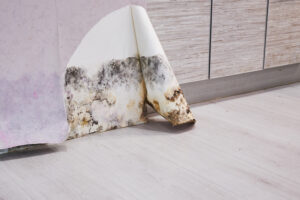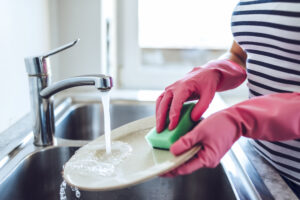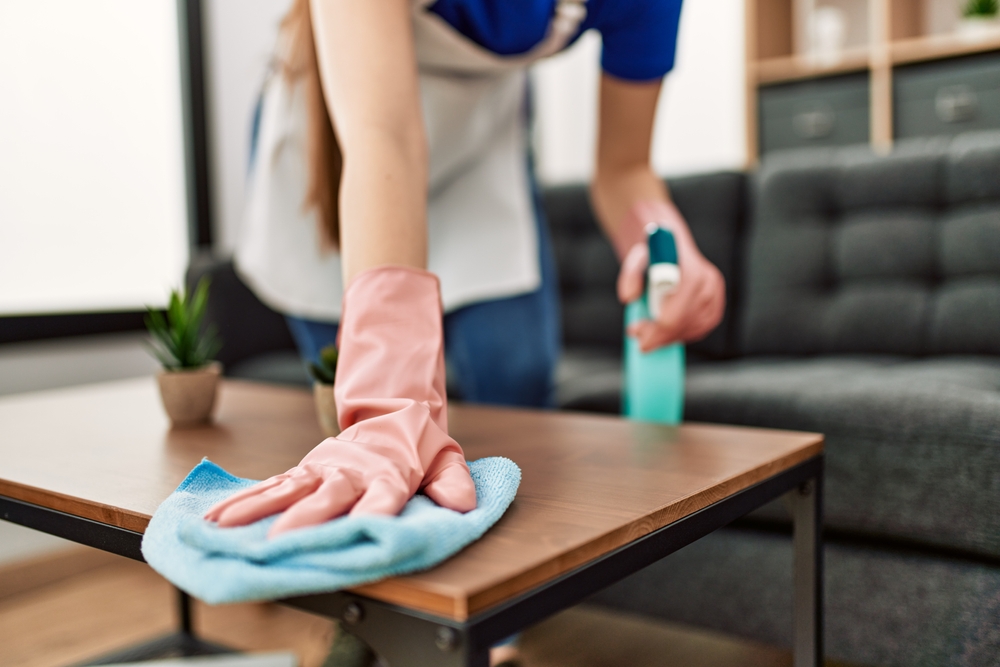
Dishwasher Safe: 8 Items You Never Knew Go There
Did you know there are items you never imagined could be cleaned in the dishwasher?

Did you know there are items you never imagined could be cleaned in the dishwasher?

If you’re currently looking for ways to eliminate ants and their colonies, you’ve come to

The countertop is definitely the star of the show when it comes to cooking. In

Humidity Check presents: reasons why you have insects in your kitchen! Nobody likes to wake

I know it says dish soap, and you might think that the liquid you use

Humidity Check presents you: the most expensive appliance parts! There’s no place like home, and

Have you considered these dishwasher tablet cleaning hacks? Dishwasher tablets do a fantastic job cleaning

Did you know mold could hide in these places in your home? I don’t like

If you use kitchen sponges, then you’ll be glad to have found this article. Today

It is believed that by the end of 2030, there will be 2.2 million new

Cleaning. Ugh. I enjoy doing many things, but cleaning isn’t one of them. I mean,

The COVID-19 pandemic turned us into cleaning freaks! We were scared of the virus and